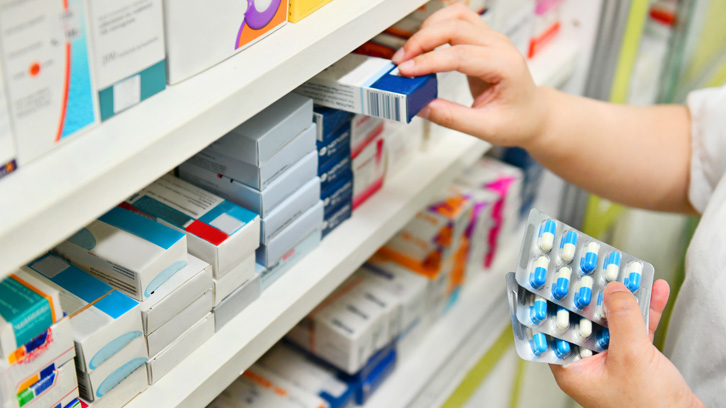Adverse drug effects: could we help to prevent them?

It is well-known that medicines cause unwanted effects (adverse drug reactions). Perhaps it is less known their high public health impact: the EU estimates more than 150,000 deaths/year for adverse effects associated with medicines in Europe.
The WHO Programme for International Drug Monitoring collects reports describing suspected drug reactions since the late 1960s with the aim of improving the knowledge about the safety of medicines and discovering new side effects. Notwithstanding this, it is important to bear in mind that most serious and fatal adverse reactions are associated with well-known and commonly prescribed medicines, not appropriately used in particular patients. The question to put on the table is: Could we take additional actions not just to collect and report adverse effects, but to prevent them?
The Institut Català de Farmacologia Foundation collaborates with the Brazilian Núcleo de Farmacovigilância de São Paulo. When we were analysing the 1,289 reports of adverse drug reactions associated with growth hormone received in their database, we observed an unexpected distribution. Growth hormone is mainly used in children and teenagers with hormonal deficit and, rarely, in geriatric patients. Curiously, 20% of these reports described adverse effects in young adults using this medicine for purely aesthetic purposes without any scientific evidence supporting them. These side effects could have been avoided with periodic analyses to know how medicines are actually being used to design campaigns with the aim of modifying prescription practices before the appearance of an adverse drug reaction which can be the cause of hospitalization or eventually, death.
This consideration is useful for the Brazilian Health Authorities, but also should be useful for Catalan Health Authorities, where effective campaigns for the prudent use of medicines could help to reduce morbi-mortality associated with medicines.
WHO Collaborating Centre for Research & Training in Pharmacoepidemiology
Departament de Farmacologia, Universitat Autònoma de Barcelona
References
Rodrigues-Neto AJ, Biazoni-Albaricci C, Ribeiro A, Lima S, Figueras A. (2018). Towards preventive pharmacovigilance through medicine misuse identification: an example with recombinant human growth hormone for aesthetic purposes. European Journal of Clinical Pharmacology; 74: 1471-1474. DOI: 10.1007/s00228-018-2510-9.

